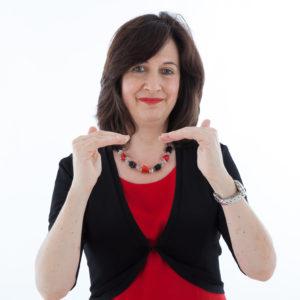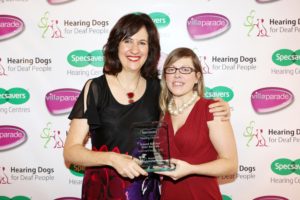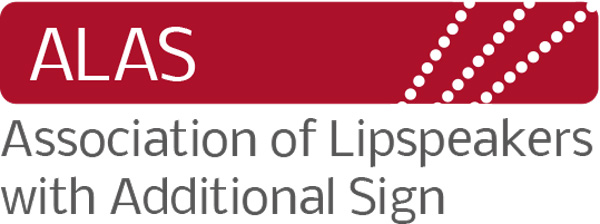‘I choose to use sign-supported lipspeaking as my main communication support. I do this because the nature of my work is having a lot of face-to-face discussions with a wide range of people. whether it’s business development meetings, face-to-face coaching, training or public speaking.

When people ask me ‘Do you lipread?’ I often feel that once you say ‘yes’ they assume that’s it- sorted. Few understand – or are interested in – the challenges involved. Lipreading requires enormous concentration which due to the nature of English sound production, involves a high risk of misunderstanding. Some additional signs provide a second channel of meaning which increases the chance of fully understanding everything which is said. It is also more vivid and helps prevent tiredness and loss of concentration in longer sessions. I feel I get the best of both worlds with this type of support – full access to English, tone of voice and expression and punctuation and visual vividness of elements of BSL.’

At the moment lipspeakers and BSL interpreters are on separate registers. The skills and qualifications for each are rightly distinct, but more and more deaf people are choosing support which combines elements of both. The ALAS register will make it quicker and easier to locate support for clients such as me who want to find a service provider who can draw on both sets of skills.
